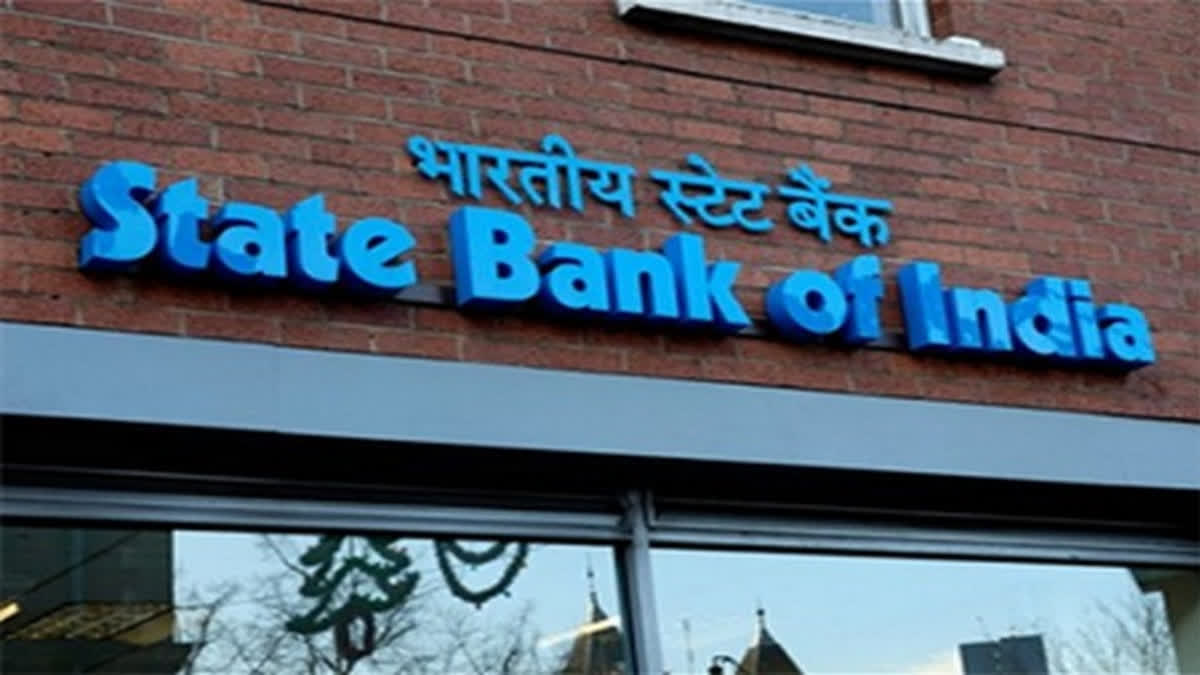New Delhi:The central government has authorised the State Bank of India (SBI) to issue and encash electoral bonds through its 29 authorised branches from November 6 to November 20, 2023.
The announcement came days after the Supreme Court reserved its judgment on a batch of petitions challenging the validity of the Centre's electoral bonds scheme as a source of political funding.
A statement released by the government said that the electoral bonds shall be valid for 15 calendar days from the date of issue and no payment shall be made to any payee political party if the electoral bond is deposited after the expiry of the validity period. The electoral bond deposited by an eligible political party in its account shall be credited on the same day, it added.
As per provisions of the electoral bonds scheme, such bonds may be purchased by a person (as defined in item No. 2 (d) of Gazette Notification), who is a citizen of India or incorporated or established in India. “A person being an individual can buy electoral bonds, either singly or jointly with other individuals. Only the political parties registered under Section 29A of the Representation of the People Act, 1951 (43 of 1951) and which secured not less than one per cent of the votes polled in the last general election to the House of the People or the Legislative Assembly of the State, shall be eligible to receive the electoral bonds," said the statement.
The electoral bonds will be encashed by an eligible political party only through a bank account with the authorised bank. On November 2, a bench led by Chief Justice of India D Y Chandrachud and comprising justices Sanjiv Khanna, B R Gavai, J B Pardiwala, and Manoj Misra, reserved its verdict on petitions challenging the validity of the electoral bonds scheme as a source of political funding.
On the last day of the hearing, Justice Khanna had asked Solicitor General Tushar Mehta, representing the Centre, why not allow the voter to know about the identity of the donors. Justice Khanna suggested: "Why not make it open? As it is, everyone knows and the only person who is deprived is the voter".
Petitioners have moved the apex court claiming the scheme promotes corruption and citizens have a right to know who is funding the political parties. The apex court had outlined the considerations which must be borne in mind while implementing the electoral bonds scheme: reducing cash in the electoral process, encouraging authorized banking channels, need for transparency, and the scheme should not legitimise kickbacks and quid pro quo between the power centres and benefactors.
The apex court stressed that the Centre could design another system which doesn't have the flaws of this system, and the system also does not put a premium on opacity.
Also read: For level playing field, why not all funds go to ECI for equitable distribution: SC on electoral bonds scheme
